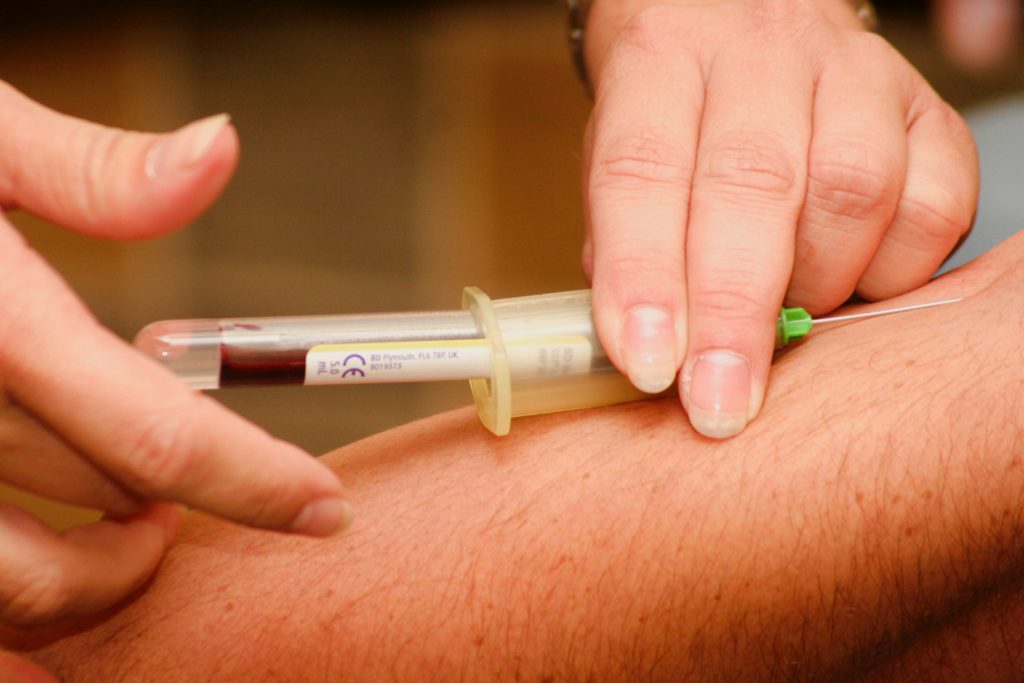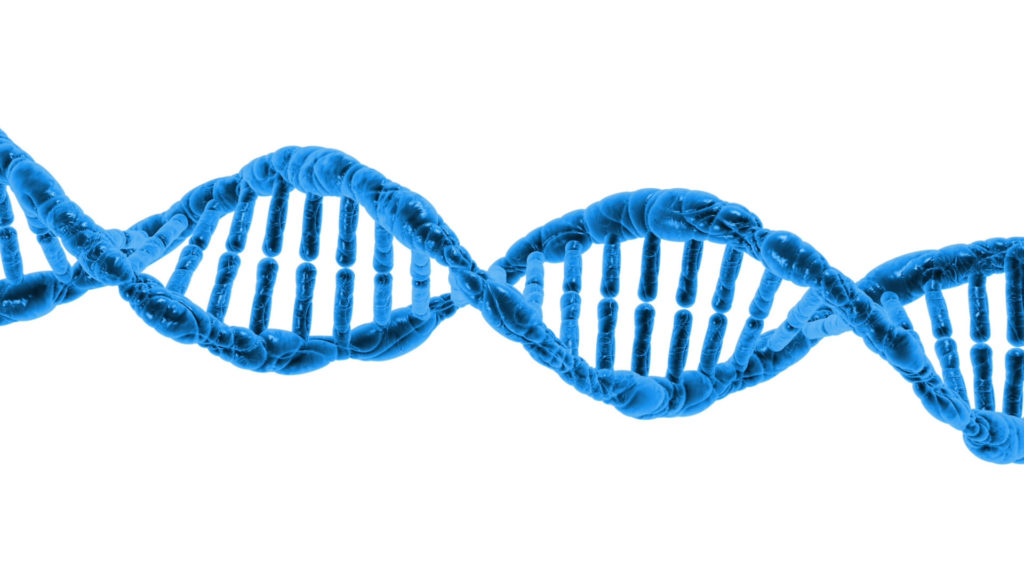A few years back, everyone I knew in the world of endurance was jumping on the ketogenic diet bandwagon. I have to admit, it piqued my interest, so I joined too. When I first heard about it, it sounded crazy, who the heck would eat 65% FAT and only 5-10% CARBS with PROTEIN making up the rest of your daily fill? The diet sounded downright nutty to me, but the growth mindset in me decided that instead of automatically discounting this diet based on the things I had learned throughout my whole life, why not do some research?

Before I began the diet, I did my research. I read books, including The Ketogenic Diet for Athletes and The Art and Science of Low Carbohydrate Performance, to educate myself about the newest fad diet and to understand why it was supposedly so good for you. Then, once I understood how it worked, what my macros needed to be, how to achieve those macros, I decided to jump in headfirst and give it my trial. Before I got started however, I knew I couldn’t just go based on feelings and emotions, I needed real data, infromation about how this diet was effecting me internally, so I did what any good researcher would do, I partnered up with InsideTracker. I made a point of performing a series of blood tests to see what the hype was all about.

What I learned from that experience was profound. With programs like InsideTracker readily available, I was able to derive concrete evidence as to whether or not the keto diet was right for me. That’s what this article is all about; we are entering a new era. And now, I just found out InsideTracker launched a DNA Kit that provides an easy at-home test, a personalized DNA report and new depth of genetic testing with up to 29 wellness traits based on 261 genetic biomarkers in five key areas: Weight, Sleep, Food Sensitivities, Aging and Performance. With this kind of information becoming more and more available to everyone, we’re finally entering a period of nutritional decision making based on data and not just what some nutritionist thinks will be good for you.
For centuries we’ve relied on the media, the government, and other agencies to inform us what constitutes a “healthy” diet. The problem with that is every single one of us is genetically unique, according to the US National Library of Medicine, “In humans, genes vary in size from a few hundred DNA bases to more than 2 million bases. The Human Genome Project estimated that humans have between 20,000 and 25,000 genes. Every person has two copies of each gene, one inherited from each parent.” Think about how many different genes each of us has, and with each generation how much those genes change. I find it incomprehensible. And that’s just the point, with how different every one of us is, how could any one diet be right for everyone? The answer is simple. It can’t.

With programs like InsideTracker, I firmly believe there is evidence of a nutritional revolution that is about to take place, remember when all the ancestry tests became more and more accessible? We’re on the verge of something similar when it comes to human nutritional guidance. In the next few years, these tests will become more and more accessible for the broader population. Knowledge is power as they say, and what better knowledge could we as individuals possess than data-backed guidance for what we need to consume to optimize our health and overall well-being.
After my 8-month experience with the ketogenic diet, I ultimately decided it was not the right diet for me, at least not as a long term solution. Therefore, I quit the diet and opted to only use it for extremely long events, such as training for the Cascade Crest 100 Mile Endurance Run last year. Currently, I am training for the Mount Baker Ultramarathon but this time I think I’m just going to go based on data instead of some fad that everyone is telling me to try when it comes to how I will fuel myself leading up to the event.
The moral of this post is quite simple, whether its veganism, ketogenic, Atkins, slow-carb, or any of the other 100s of fad diets that are shoved down our throats by mass media, financially backed institutions, and documentaries that have a strong connection and investment in whatever they are trying to push, why not do your own data-driven research? Stop listening to these “gurus” who have no clue what’s going on genetically inside you and go to a company like InsideTracker and get the real data about what works best for YOU.
Disclaimer: I am an affiliate marketer for InsideTracker – I fully believe in their service and share what they do to help others achieve optimal performance.
